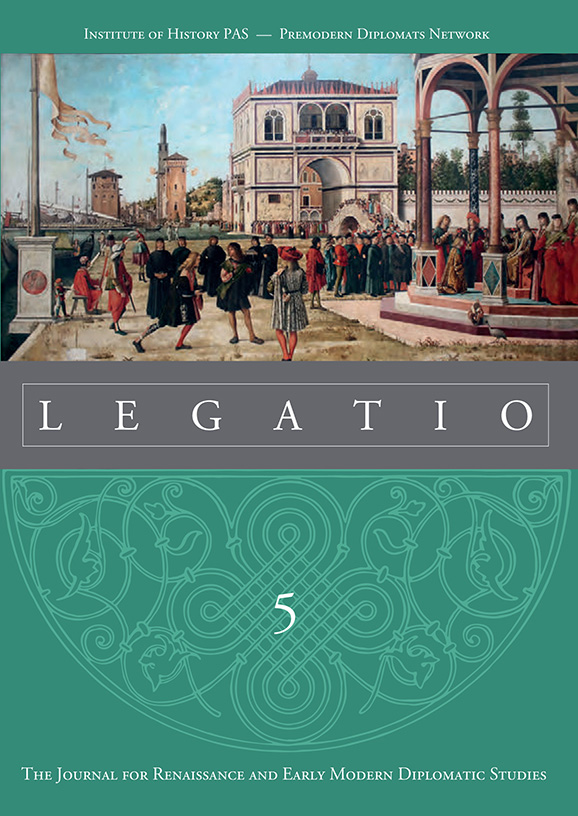Building on Foreign Expertise. Military and Agricultural Experts and the Eastward Expansion of Sixteenth- and Seventeenth Century Sweden (1624–25)
Building on Foreign Expertise. Military and Agricultural Experts and the Eastward Expansion of Sixteenth- and Seventeenth-Century Sweden (1624–25)
Author(s): Sebastian Schiavone, Otso KortekangasSubject(s): History, Diplomatic history, Economic history, Military history, Modern Age, 17th Century
Published by: Instytut Historii im. Tadeusza Manteuffla Polskiej Akademii Nauk
Keywords: military expertise;Scottish officers;foreign expertise;agricultural expertise;Ingria;Sweden;
Summary/Abstract: In the second half of the sixteenth and the first half of the seventeenth century, the Kingdom of Sweden was almost constantly engaged in armed conflicts with neighbouring kingdoms. Both offensive and defensive wars were characteristic of the Swedish foreign policy from 1550s to 1650s. The same period witnessed the emergence of the Swedish Empire because, due to these conflicts, Sweden was able to acquire new domains in the Baltic region and to expand its territories in both east and south. These geopolitical realities pushed all Vasa kings into multiple projects aiming to rationalise Sweden’s army and its military strategy as well as to develop the acquired areas in various ways. Our article presents two development project examples of this emerging empire (1) Scottish officers (the Swedish Crown acknowledged the military expertise of Scottish troops as well as their officers and tried to harness this experience for Sweden), and (2) the planned modernisation of Ingria through German and Dutch colonisation and agricultural development. The article examines the needs and expertise expectations that the Swedish Crown directed towards these foreign groups. The emergence of Sweden as a European empire did not occur in a geopolitical vacuum. International contacts and the influx of European expertise into Sweden were important factors in the building of the Swedish dominion in the Baltic region. By focusing on these foreign expert groups, one operating in the military world and the other in the agricultural sphere, this article illustrates the functions and roles that the Swedish Crown expected foreign experts to have on the eastern frontier of early modern Sweden.
Journal: Legatio: The Journal for Renaissance and Early Modern Diplomatic Studies
- Issue Year: 2021
- Issue No: 5
- Page Range: 77-103
- Page Count: 27
- Language: English

